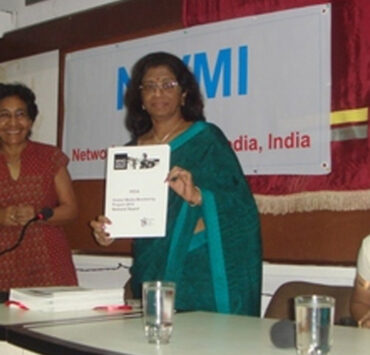
Gender pay gap must end, says IFJ
The International Federation of Journalists (IFJ) marked the 101st International Women’s Day by calling on media organisations to end the persisting gender pay gap in journalism. The IFJ published, jointly with WageIndicator, Gender Pay Gap in Journalism, a global report which shows that women journalists continue to face persisting discrimination in wages and benefits.
“The struggle for equality in media remains the reality,” says Beth Costa, IFJ general secretary. “The report proved that little progress has been made to end [the] gender pay gap.”
According to the report, women journalists are paid 17% less than male colleagues in Europe, 9% less in former Soviet Union countries and 4% less in South America. In addition, women journalists receive less employment benefits (such as health insurance, pension and holiday allowance), which aggravates the inequality in wage levels. As a result, women journalists are less satisfied with their jobs and working conditions.
The report points out that the pay gap increases with age. Women aged 30 and 45 years face the biggest pay gap when they stay out of a job to take care of children and thus accumulate less tenure for pension and lose seniority.
Further, “Women journalists face the same dangers as male colleagues, and are sometimes more vulnerable to harassment and bullying, yet they are paid less for the work of equal value,” says Mindy Ran, chair of the IFJ Gender Council. “And they have less job security.”
The IFJ says more measures need to be introduced to end the gender pay gap, such as implementing a pay audit, increasing opportunities for flexible work, improving maternity and paternity rights, removing barriers to building seniority and promotion, and implementing gender-aware collective bargaining.
Data in this report are important “both as a weapon against those who believe the fight for equality has been won, and for policy makers, governments and trade unions to plan further, concrete actions to tackle it,” says Ran.
The IFJ along with WageIndicator has launched a Decent Wage Campaign to raise journalists’ awareness of their rights to decent pay and working conditions.
WageIndicator is an independent non-profit foundation which aims for transparency of the labour market by sharing and comparing data through its network of national websites.
The IFJ represents over 600,000 journalists in 134 countries worldwide
March 7, 2012




